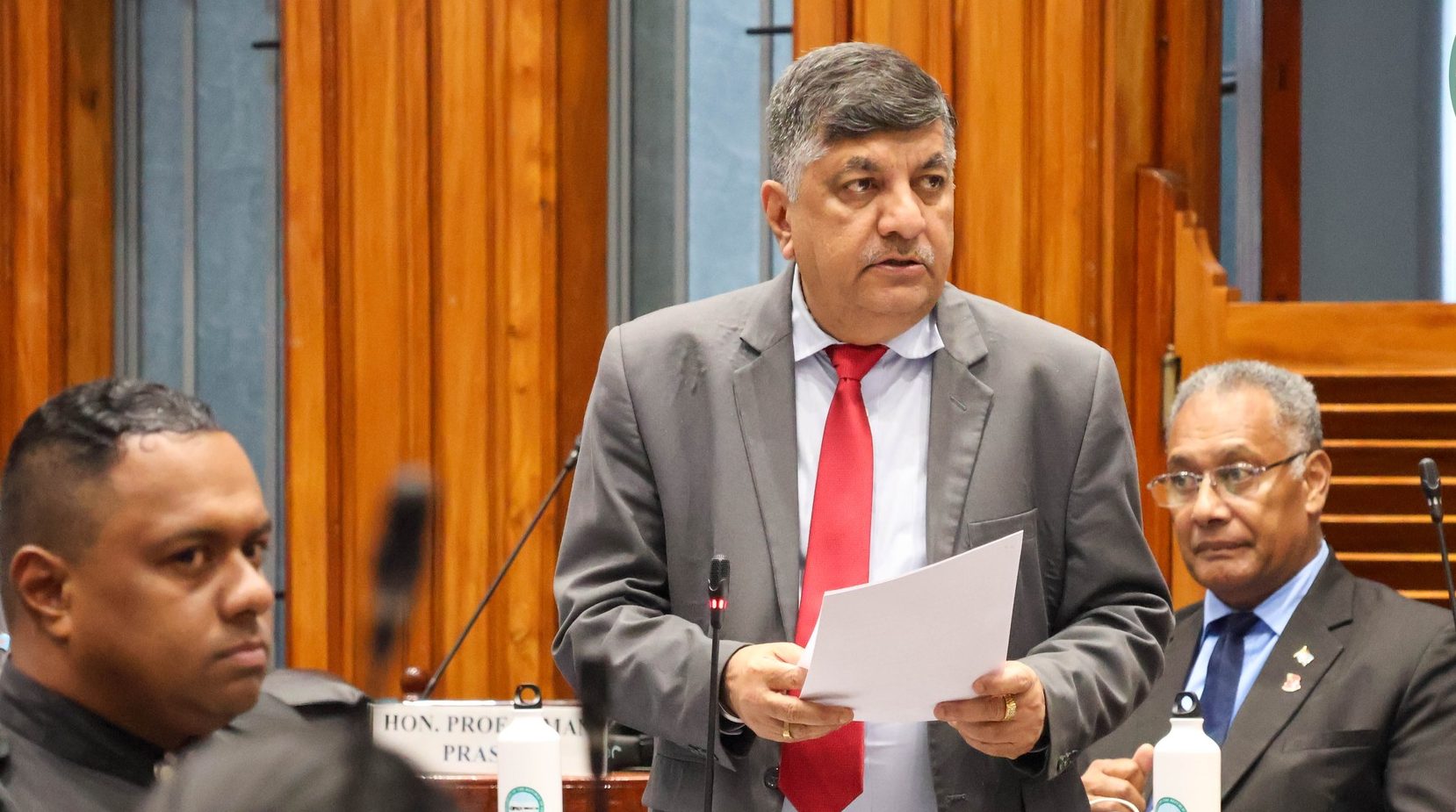The Rarawai Sugar Mill is set to restart crushing operations in early December 2025, said Minister for Multi-Ethnic Affairs and Sugar Industry, Charan Jeath Singh.
In a written response to a question filed, Mr Singh said that rehabilitation works at the Ba-based mill are progressing steadily under the Fiji Sugar Corporation’s (FSC) supervision.
“The Corporation anticipates completing rehabilitation works to enable factory operation trials by the last week of November, with crushing to begin by the first week of December,” Singh said in response to a parliamentary question from Viam Pillay.
The fire inflicted major damage on the factory’s key infrastructure, prompting an extensive recovery project involving mechanical, civil, electrical, and instrumentation works.
As of October 2025, the rehabilitation progress stood at mechanical and civil works (50% complete), electrical works (36% complete) and instrumentation and control systems (33% complete).
While operations are expected to resume next month, full rehabilitation — including roofing, building repairs, and the installation of standby generators — is not expected to finish until May 2026.
“This extended timeline is primarily due to manufacturing and shipping lead times for imported components and equipment. However, these balance works will not affect the planned resumption of crushing.”
The total cost of damage remains unknown, as the fire report and insurance assessments are still being finalized.
“There are various levels of assessment involved, each taking time to complete, and certain legal obligations must be met before the final figures can be released,” the minister explained.
Despite procurement delays, Singh expressed confidence in FSC’s progress and praised the coordinated effort to restore one of Fiji’s key sugar mills.
“The Rarawai Mill rehabilitation represents a critical step in maintaining our national milling capacity and safeguarding the livelihoods of the many farmers who depend on it.”



